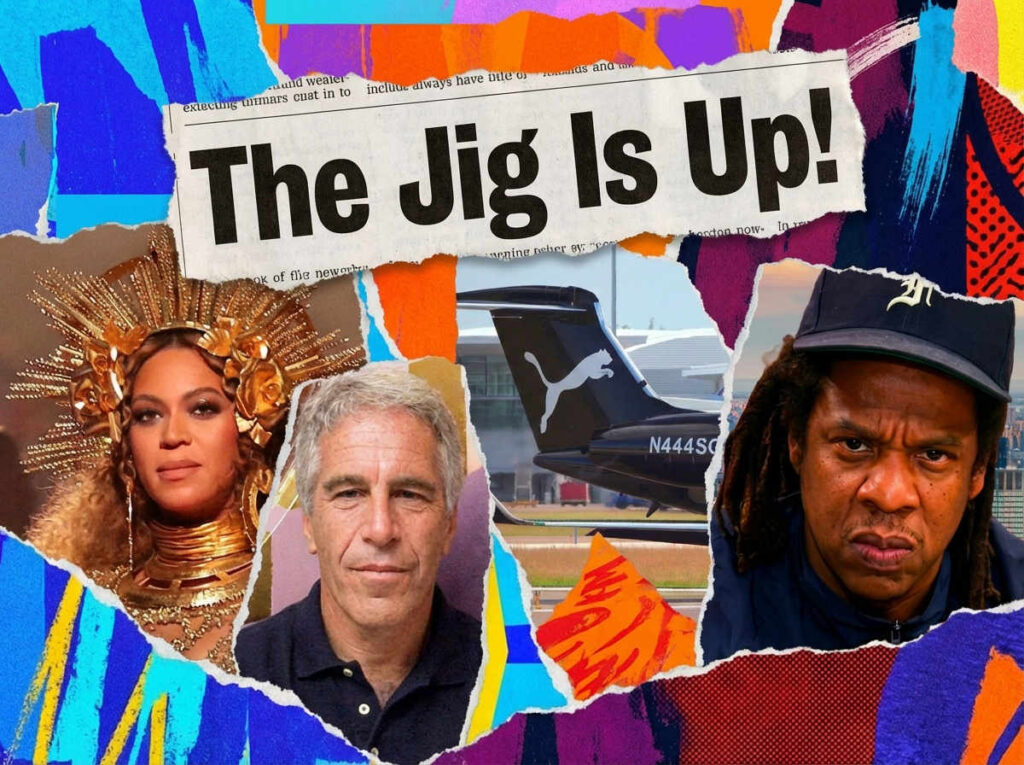For Marina Lacerda, the impending publication of U.S. government files on Jeffrey Epstein represents an opportunity for justice as she recalls the traumatic experiences of sexual abuse she endured starting at the young age of 14.
Lacerda conveyed how deeply she feels the government holds more information about her past than she does herself, fueling her anxiety and desire for clarity.
Recent legislation signed by President Donald Trump mandates the Justice Department to release extensive documentation related to Epstein’s abusive history, a move Lacerda believes is long overdue.
“We have waited long enough. We’ve fought long enough,” she asserted.
Decades of investigation reports are expected to offer a deeper understanding of Epstein’s heinous actions, although the exact content remains unclear to the public.
Federal Investigations and Continuing Impact
Federal investigations began in the mid-2000s into Epstein after multiple allegations surfaced, leading to a controversial and light sentence in 2008 due to a secret plea agreement. Survivors like Jena-Lisa Jones, who also faced abuse, highlight the complexity and frustration surrounding Epstein's case.
Jones recalls the importance of confronting Epstein, reflecting on her readiness to testify against him before he died by suicide in jail in 2019.
Many survivors now hope that the release of government files will finally account for their experiences and the broader implications of Epstein's actions.
Seeking Transparency amidst Fear
Lacerda, now 37, hopes the files will help piece together her fragmented memories caused by years of trauma. As she continues to process her abuse, she worries about the sensitivity of the documents and potential risks they pose to her and others.
Recent political changes heighten concerns among survivors regarding possible manipulation or censorship of the released materials.
Haley Robson, another survivor, shares this anxiety, although she also recognizes the significance of the upcoming release as a possible strength in their collective fight for justice.
“For the first time since 2006, I don’t feel like the underdog,” she expressed, balancing hope with the trauma ingrained from their past experiences.




















